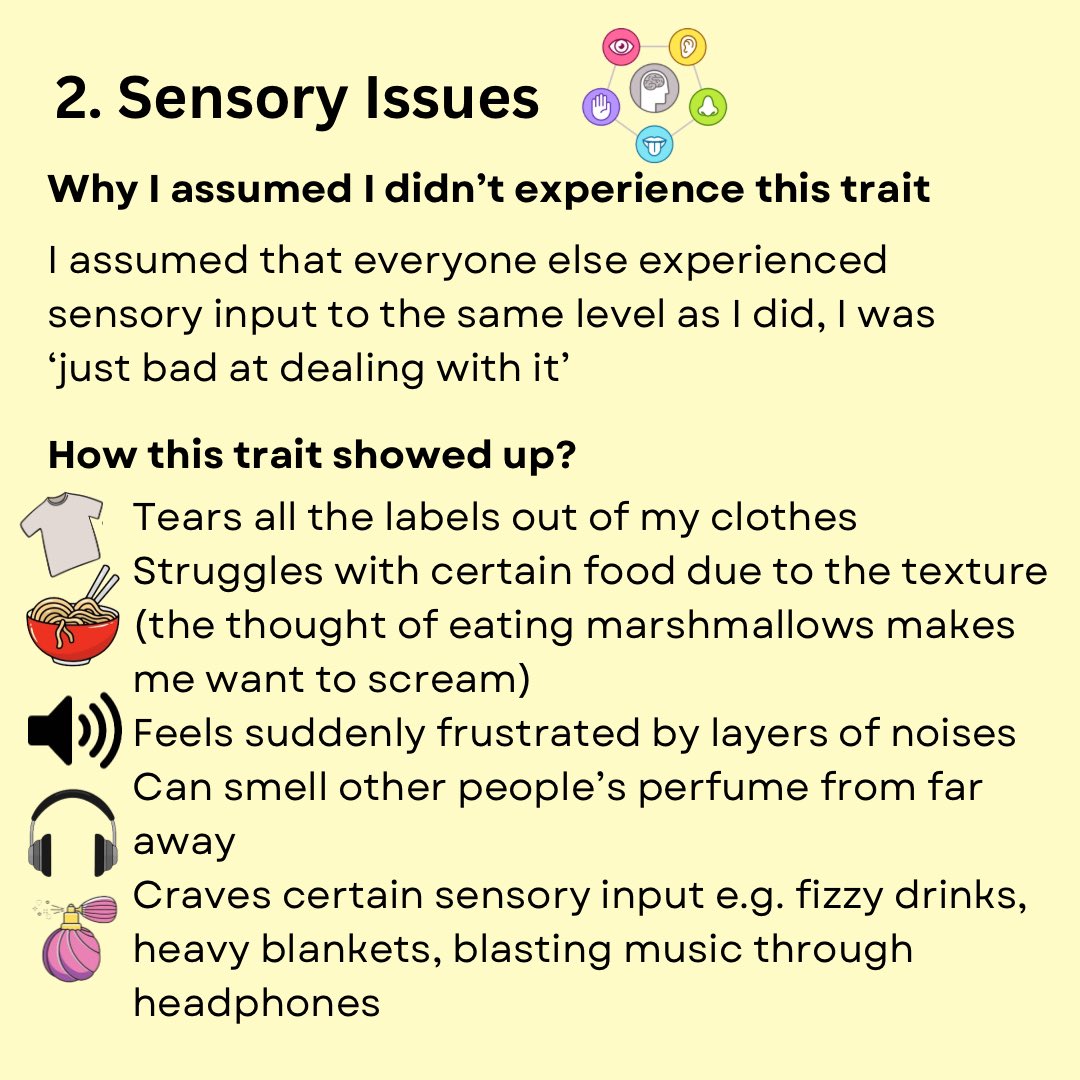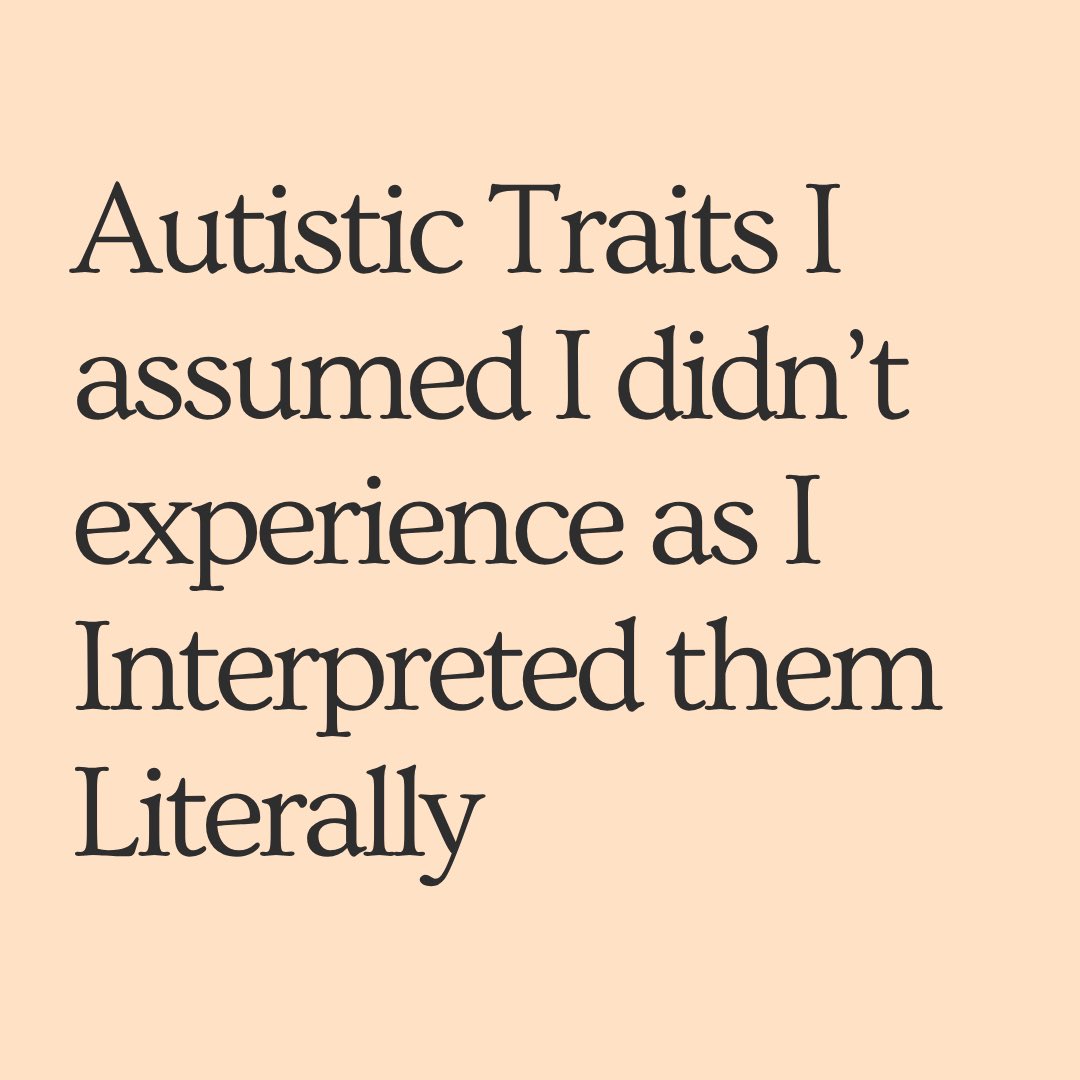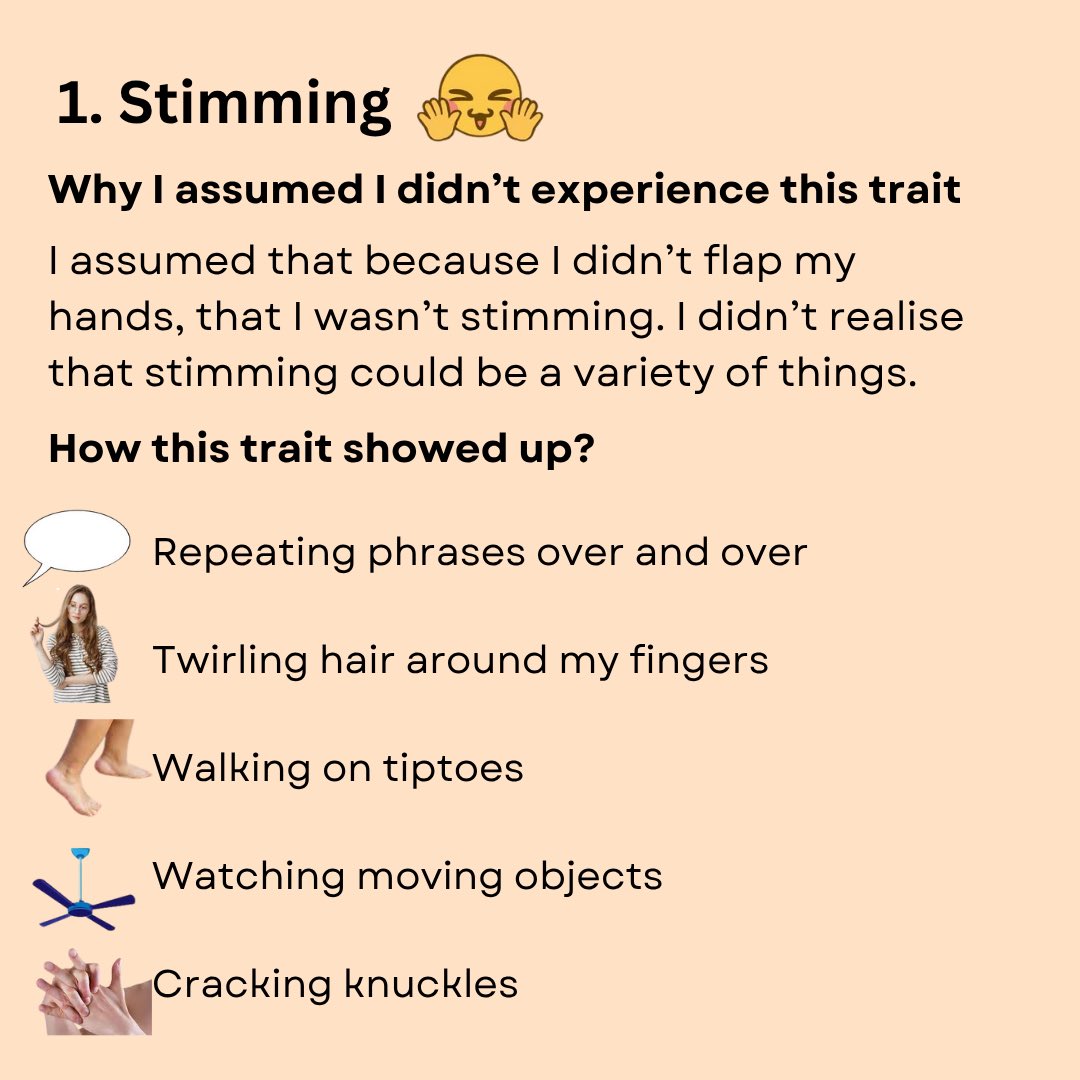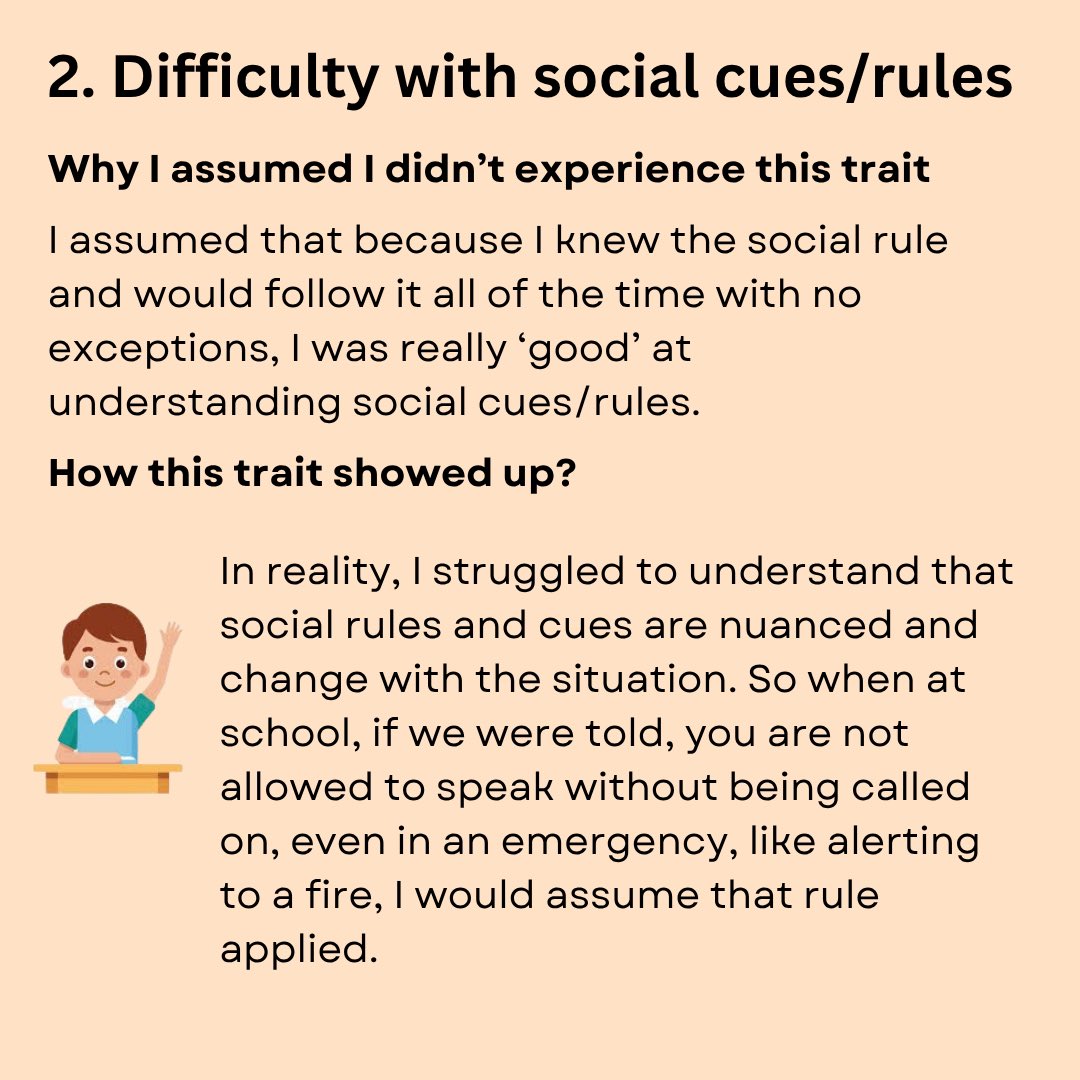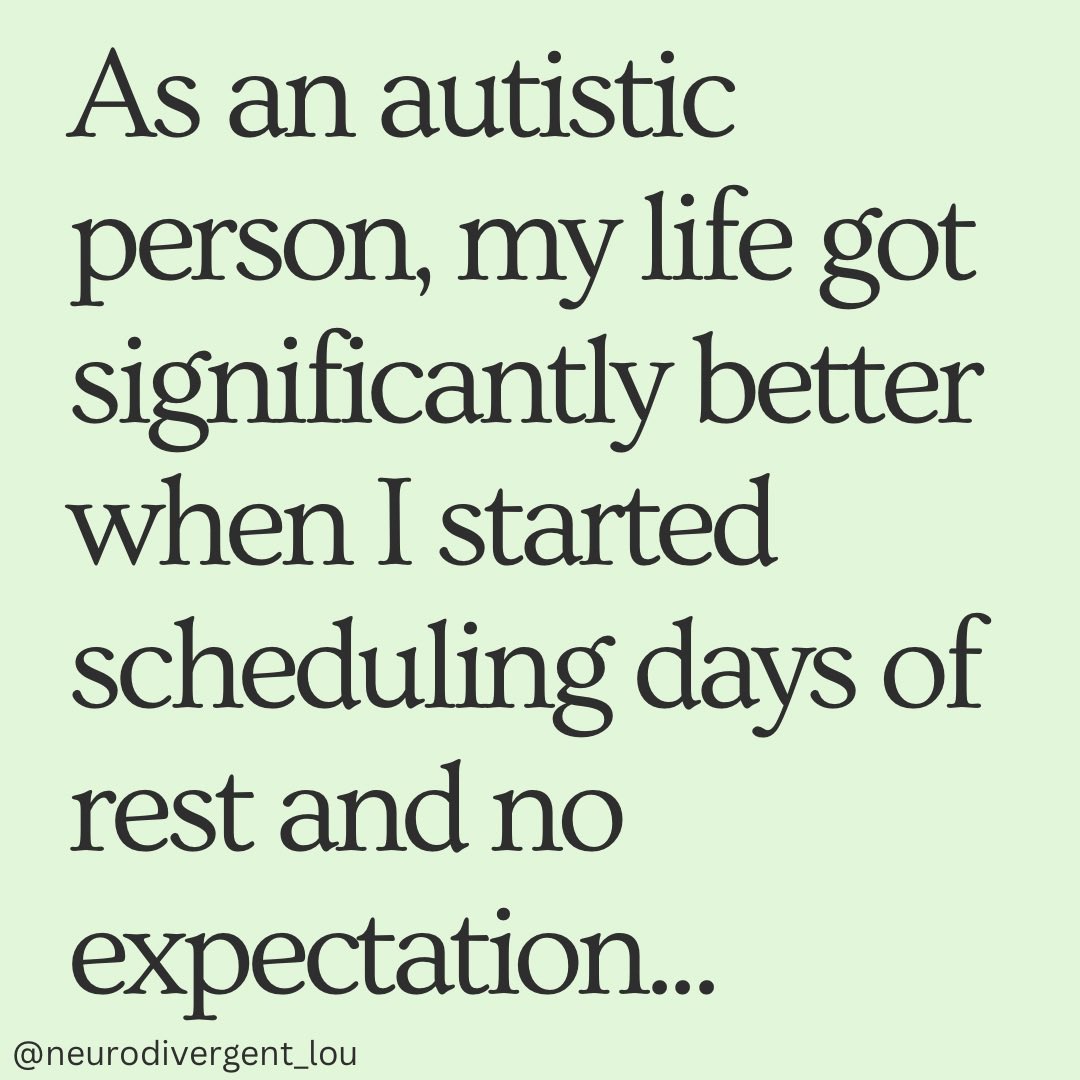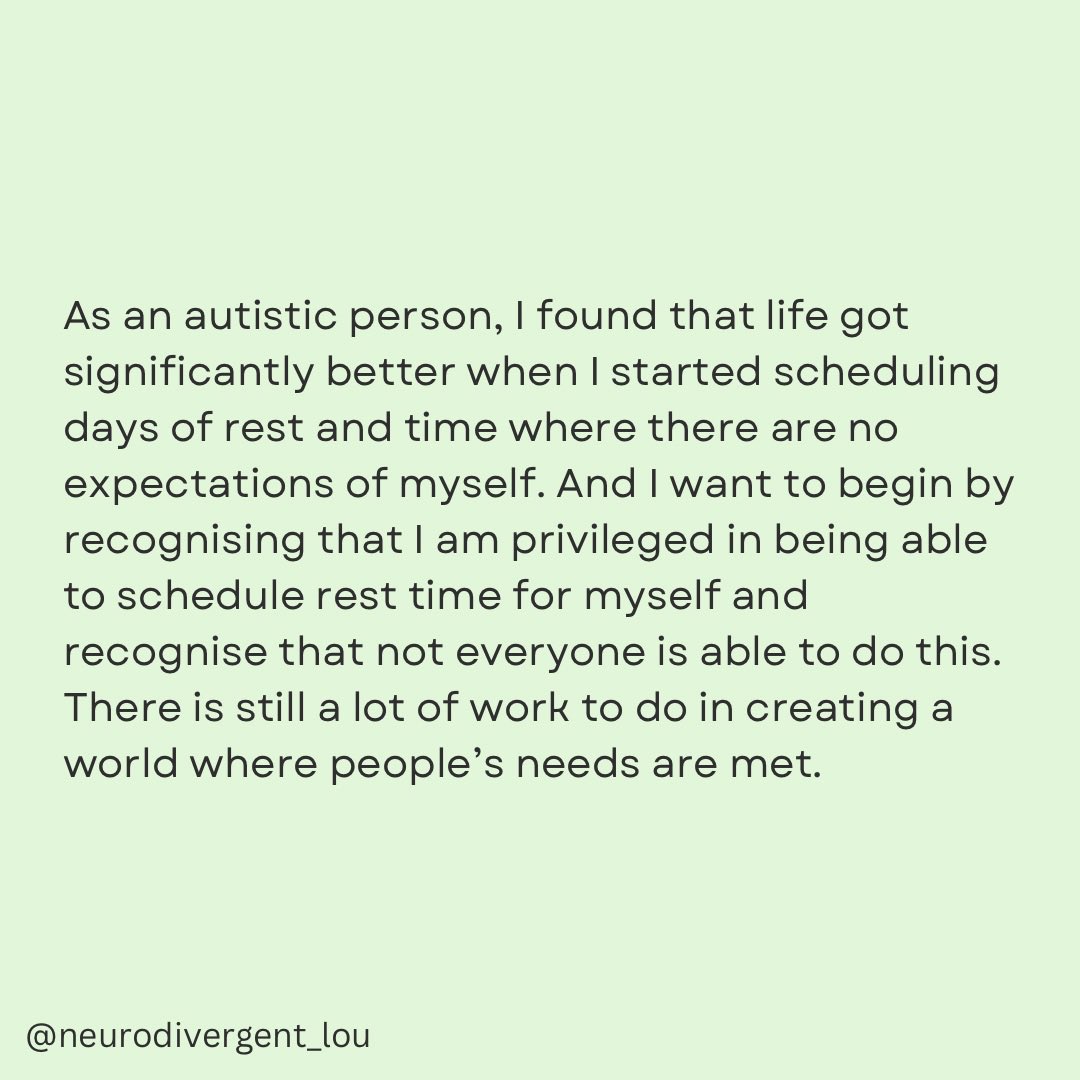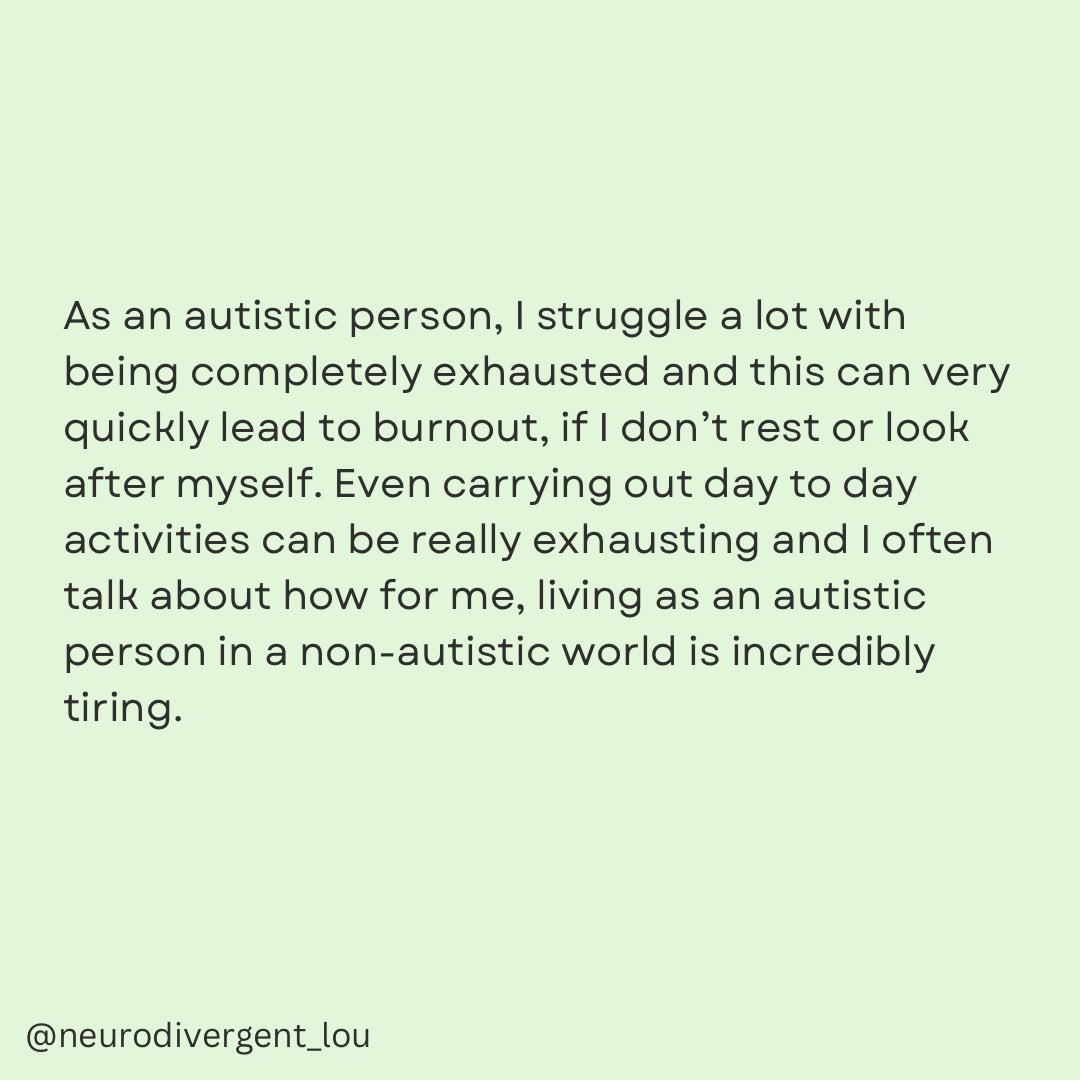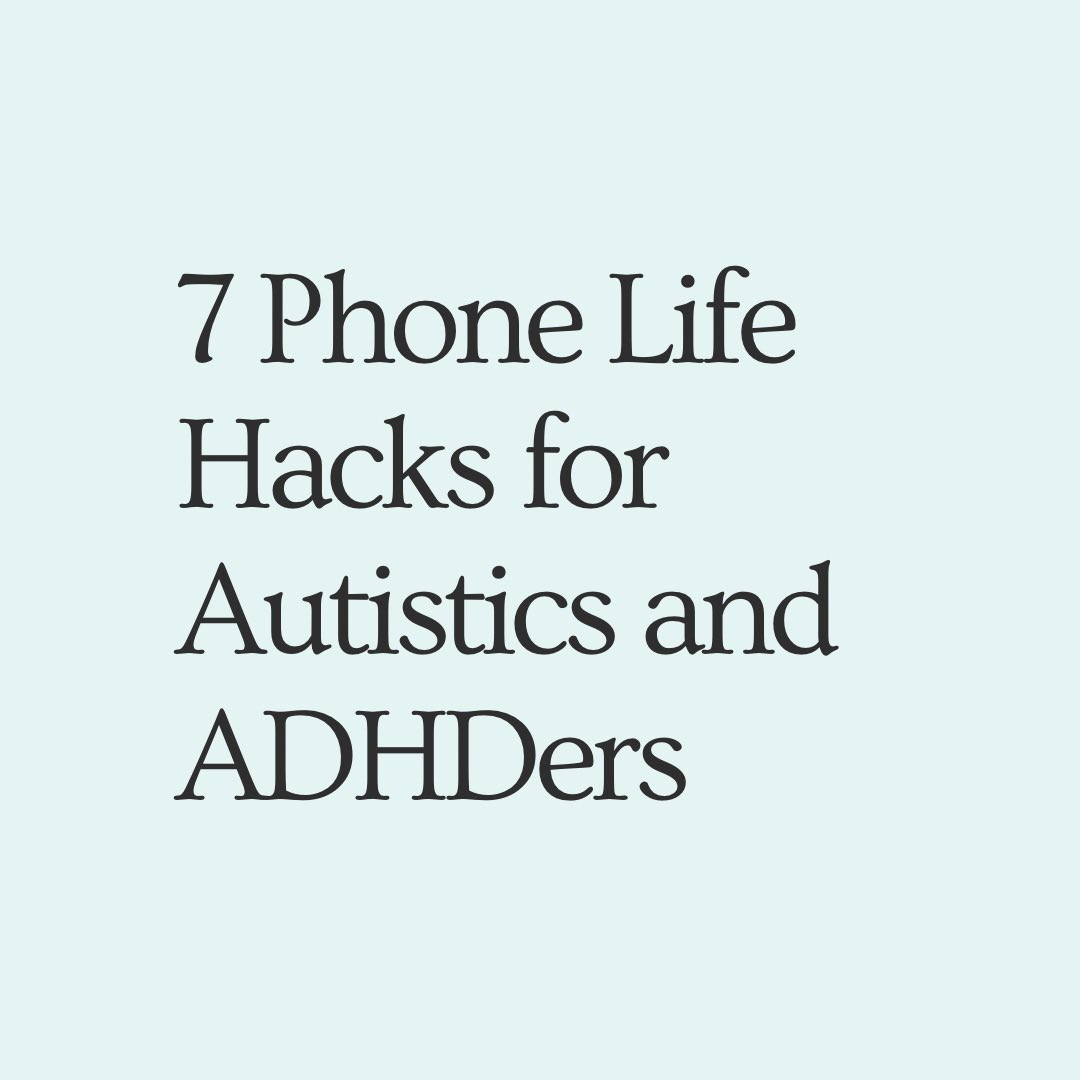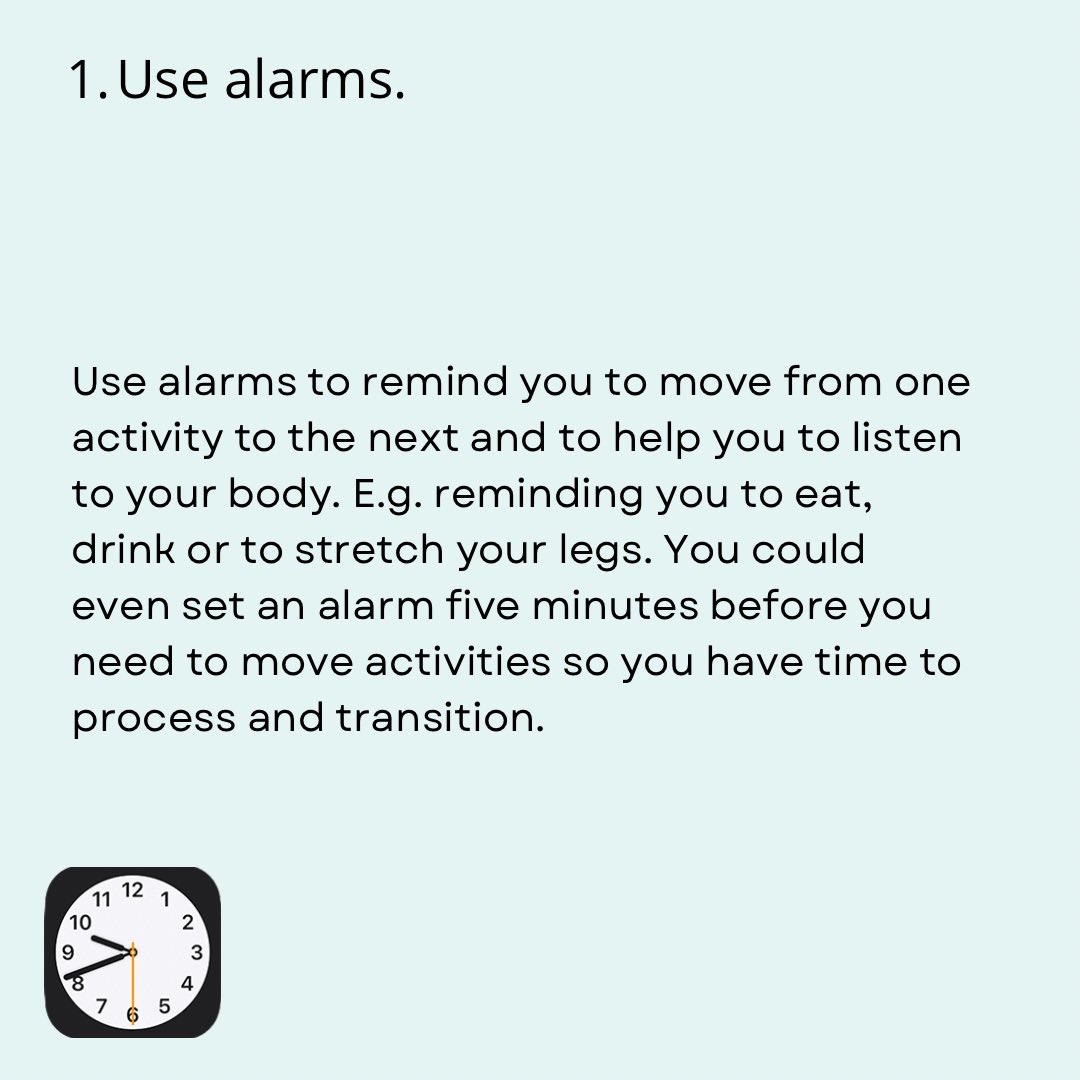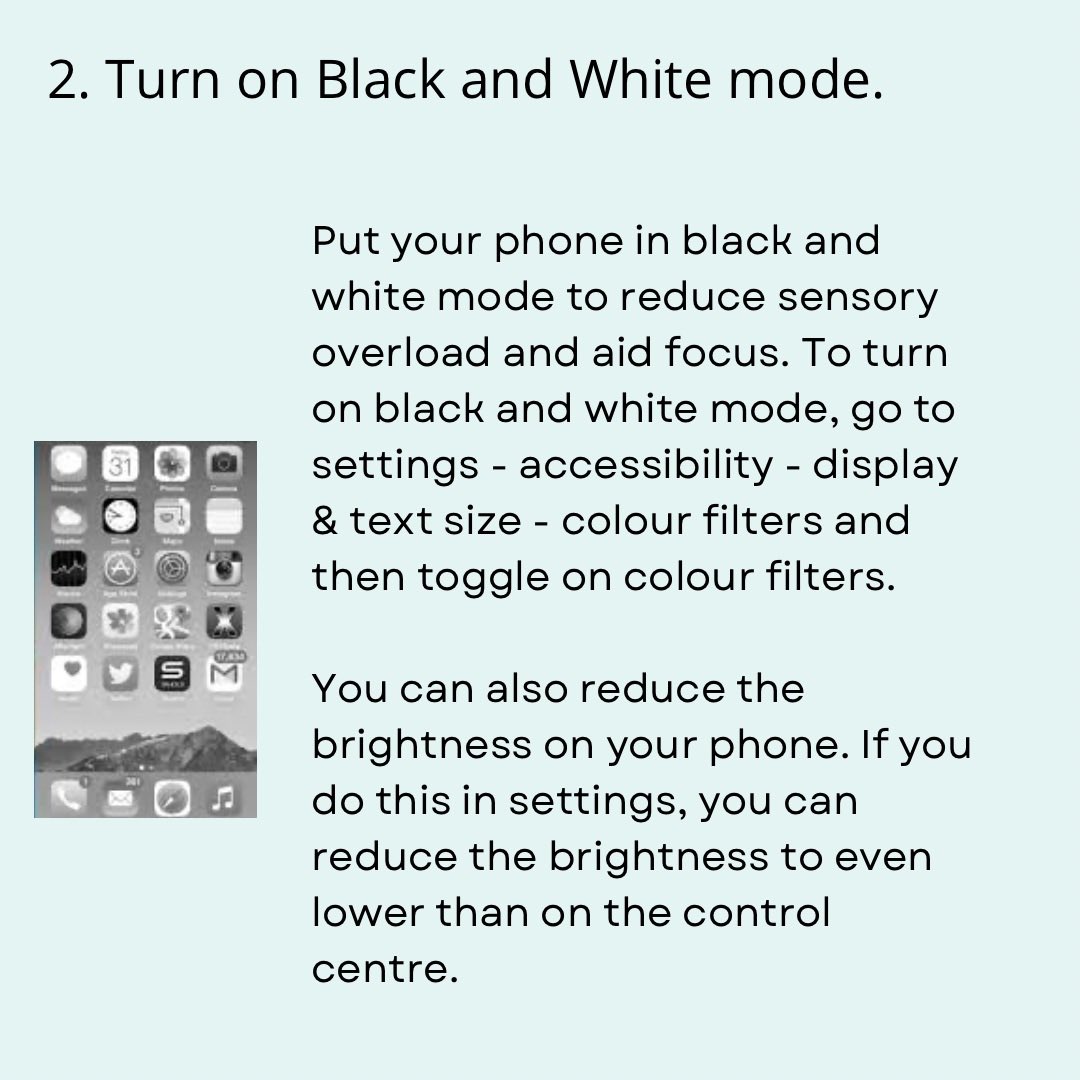Ableist Things Autistic People May Internalise About Ourselves…
#Autistic #Autism #Neurodivergent #Neurodiversity #Disabled #Disability
#Autistic #Autism #Neurodivergent #Neurodiversity #Disabled #Disability

• • •
Missing some Tweet in this thread? You can try to
force a refresh










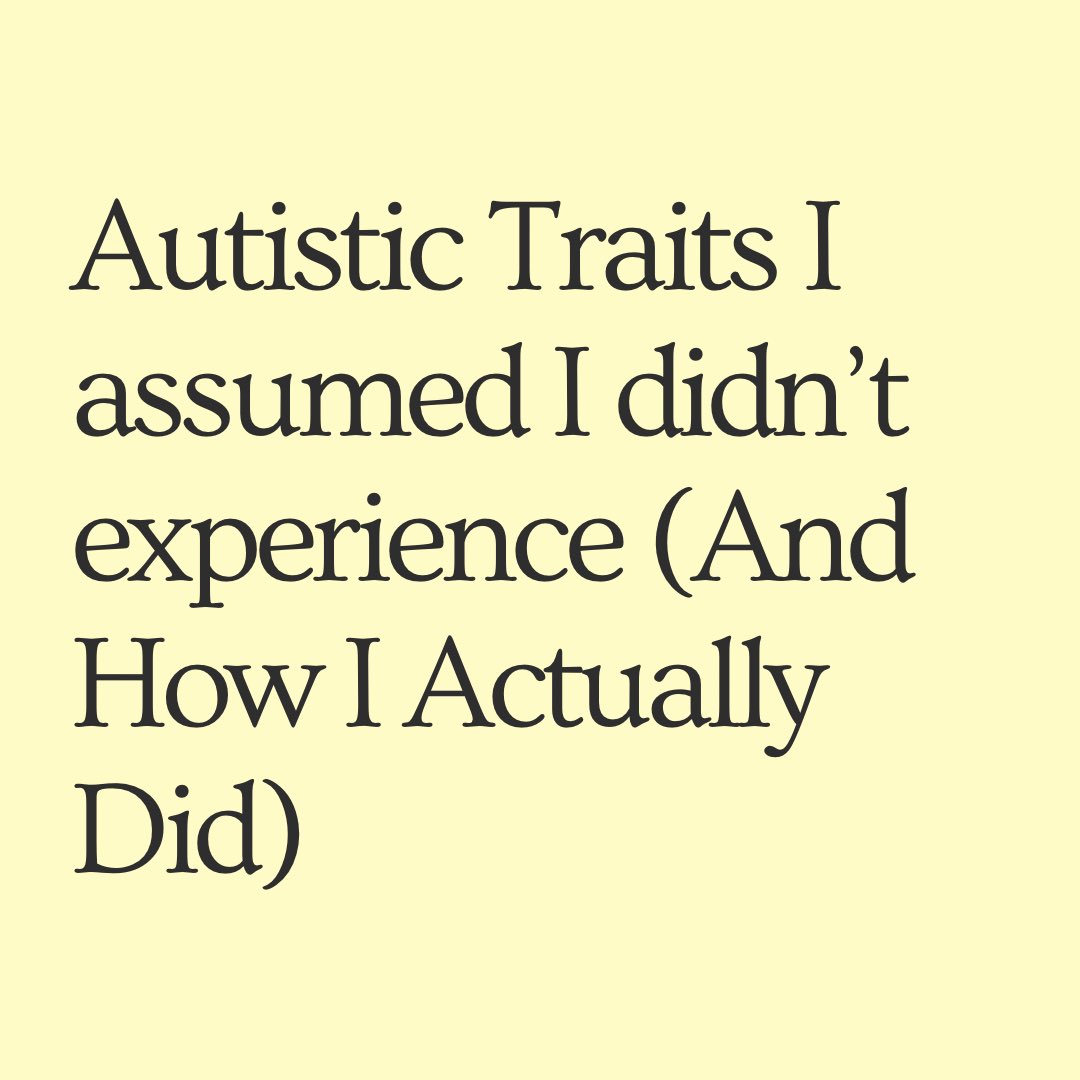
![Having to prepare scripts in my head, before socialising Always feeling like I never quite fitted in, like an alien who landed on another planet The absolute exhaustion from socialising, even if it was an event I loved Found navigating social hierarchies impossible For a time, had a special interest in human behaviour and body language, as a way to ‘make up’ for not understanding social cues. Social Difficulties I can’t be autistic, I socialise and communicate in the same way as my (family member [who I now think is likely autistic]) How this trait showed up? Why I assumed I didn’t experien...](https://pbs.twimg.com/media/G3QMUFgW8AAJoOB.jpg)
